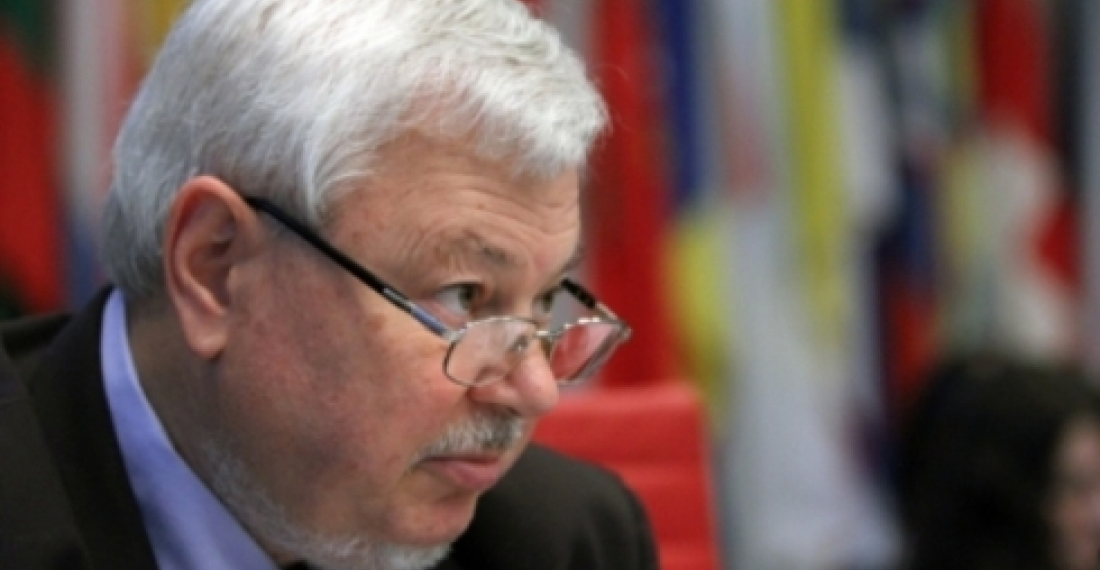In an interview with the Armenian news outlet, news.am, the Special Representative of the Swiss Chairmanship of the OSCE, Ambassador Andrzej Kasprzyk reached out to the people of Armenia and Azerbaijan who long for peace and reconciliation:
"I am privileged to meet, talk to and work with Armenian and Azerbaijani men and women of different generations from across this region. Some are people with dynamic public profiles; others are private individuals. The lives of almost all of them alike are marked by the conflict and its consequences. Among them are a number of people who not only long for peace and for reconciliation but are also energetically engaged in achieving these. I wish them every success and hope that we can continue to work together towards what are our common goals", he said.
Kasprzyk also spoke about the numerous cease fire violations that seem to be increasing. He said that "visits by OSCE teams to the border and the Line of Contact are no substitute for a ceasefire verification mechanism, such as those that can be seen in many other parts of the world. Nonetheless, local commanders and others continue to tell us that our visits provide valuable opportunities for those involved to address issues of mutual concern and, where necessary, to mitigate the risk of any escalation. These visits also enable us to convey to the OSCE Chairperson-in-Office and the OSCE Minsk Group Co-Chairs, information about the situation as seen by those on the ground."
However Kasprzyk also hinted at the difficulties that exist in the implementation of even the current mandate, It is my duty to work with the sides to develop measures that will help the sides reach a lasting political settlement. As far as monitoring activities are concerned, the main challenges are ensuring the safety of all those involved, including security guarantees, and securing the resources needed to implement such measures. For these reasons, unannounced visits to the border or Line of Contact are not possible."
"Our teams have neither the mandate nor the resources required to investigate reported incidents", he added.
source: commonspace.eu with news.am
photo: Ambassador Andrzej Kasprzyk (archive picture).







